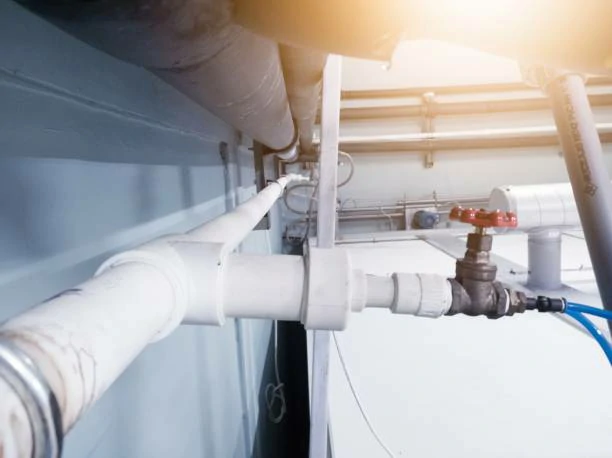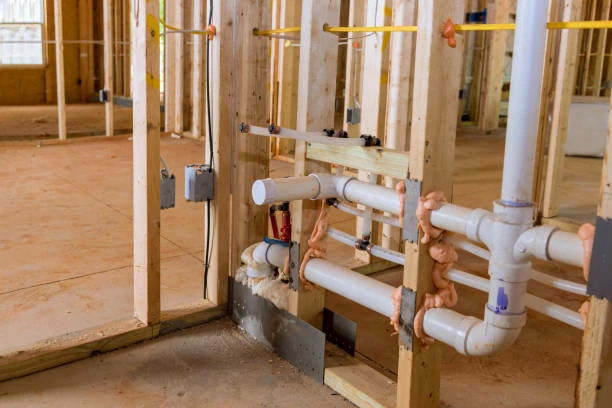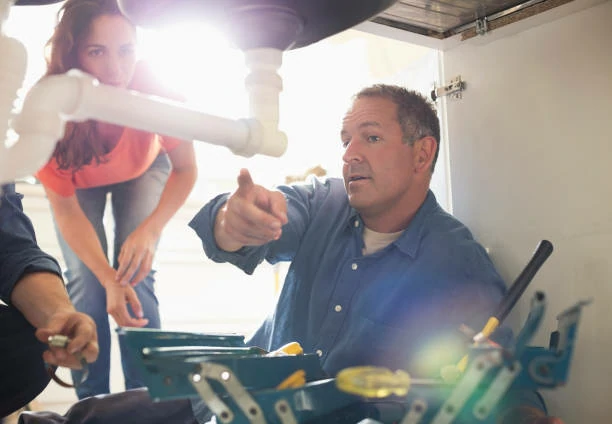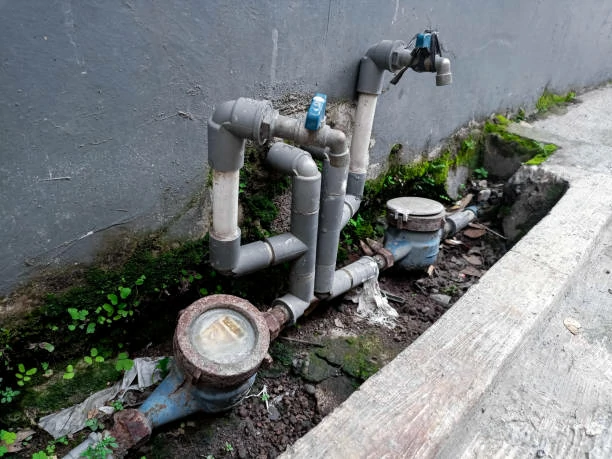PVC tubing, or polyvinyl chloride tubing, is a versatile and widely used material in various industries. Its popularity stems from its cost-effectiveness, durability, and adaptability to different applications. Understanding the key characteristics, benefits, and uses of PVC tubing helps in making informed decisions for plumbing, industrial processes, and more. This article delves into the essential aspects of it to provide a comprehensive overview.
What is PVC Tubing?
Manufacturers make it from polyvinyl chloride, a plastic that combines strength and flexibility. They polymerize vinyl chloride monomers to link together and form long polymer chains. This process creates a strong, durable plastic that shapes into tubing for various uses.
Key Properties of PVC Tubing
PVC tubing boasts several key properties that make it suitable for a wide range of applications:
- Durability:It resists corrosion, rust, and degradation from chemicals, ensuring a long lifespan even in harsh environments.
- Flexibility: PVC can be manufactured to be flexible or rigid, depending on the requirements. This flexibility allows it to be used in various configurations and applications.
- Lightweight: Compared to metals like steel or copper, it is significantly lighter, which simplifies handling and installation.
- Cost-Effectiveness: It is generally more affordable than many other materials, making it a cost-effective choice for numerous projects.
- Chemical Resistance: It can handle a wide range of chemicals without deteriorating, making it ideal for chemical transport and processing.
Types of PVC Tubing
PVC tubing comes in several types, each designed for specific uses:
- Rigid PVC Tubing:Known for its strength and rigidity, rigid it serves construction and plumbing applications. It often functions in water supply lines, drain systems, and electrical conduit.
- Flexible PVC Tubing: This type of tubing provides greater flexibility and works well in applications that require bending, such as medical devices, irrigation systems, and aquarium setups.
- Food-Grade PVC Tubing: Designed for food and beverage applications, this tubing meets stringent safety standards to ensure it does not contaminate the contents.
Applications of PVC Tubing
PVC tubing serves a wide range of applications across various industries:
- Plumbing: PVC tubing is a popular choice for plumbing systems due to its resistance to corrosion and ease of installation. It is commonly used for both residential and commercial water supply and drainage systems.
- Irrigation: In agricultural settings, PVC tubing delivers water efficiently through irrigation systems. Its flexibility and resistance to environmental factors make it suitable for outdoor use.
- Industrial Processes: it handles chemicals, gases, and liquids in industrial processes. Its chemical resistance ensures it performs well in challenging environments.
- Medical Applications: Medical-grade it is used in various medical devices and equipment. Its safety and cleanliness make it suitable for applications such as blood transfusions and IV drips.
- HVAC Systems: PVC tubing often finds use in HVAC systems for air distribution and venting. Its durability and resistance to temperature variations make it a reliable choice for these systems.
Installation and Handling
Installing PVC tubing is straightforward, thanks to its lightweight nature and ease of use. Here are some key points for handling and installation:
- Cutting: PVC tubing can be easily cut with a pipe cutter or saw. For clean cuts, ensure the tubing is securely held in place.
- Joining: Solvent welding is the most common method for joining it. Apply a solvent cement to the ends of the tubing and fittings, then press them together to create a strong, leak-proof connection.
- Flexibility: Flexible PVC tubing can be bent to fit various configurations without requiring additional fittings. This flexibility simplifies installation in tight spaces or complex layouts.
Advantages of PVC Tubing
Choosing PVC tubing offers several advantages:
- Cost Savings: PVC tubing’s lower cost compared to metals and other materials provides significant savings on both material and installation.
- Low Maintenance: It requires minimal maintenance, thanks to its resistance to corrosion and chemical degradation. This reduces long-term costs and effort.
- Versatility: The wide range of sizes, types, and configurations available ensures that it can meet diverse needs and applications.
- Environmental Impact: Many manufacturers use recycled materials in it production, contributing to sustainability efforts. Additionally, PVC tubing’s long lifespan reduces the need for frequent replacements.
Challenges and Considerations
While PVC tubing offers numerous benefits, there are some challenges and considerations:
- Temperature Limitations: It can become brittle at very low temperatures and may deform under high temperatures. Ensure that the tubing is suitable for the temperature conditions of the application.
- UV Sensitivity: Standard it may degrade when exposed to prolonged UV radiation. For outdoor applications, use UV-resistant it or protect the tubing from direct sunlight.
- Chemical Compatibility: Although it resists many chemicals, it may not be suitable for certain aggressive substances. Verify chemical compatibility before use in specific applications.
Top 10 PVC Tubing Manufacturers
| Company Name | Headquarters | Revenue (USD) | Year Founded |
| ChemChina | Haidian District, Beijing, China | 46.5 Billion | 1984 |
| Formosa Plastics Corporation | Kaohsiung City, Taiwan | 36.09 Billion | 1954 |
| Dupont | Midland, Michigan, United States | 21.57 Billion | 1802 |
| LG Chem Ltd | Seoul, South Korea | 20.04 BIllion | 1947 |
| Shin-Etsu Chemical Co., Ltd. | Tokyo, Japan | 14.2 BIllion | 1926 |
| Westlake Chemical Corporation | Houston, Texas, United States | 8.63 Billion | 1986 |
| Axiall | Atlanta, Georgia, United States | 8.6 Billion | 1985 |
| Orbia | Mexico City, Mexico | 6.4 Billion | 1953 |
| Celanese Corporation | Irving, Texas, United States | 6.29 Billion | 1918 |
| PolyOne Corporation | Avon Lake, Ohio, United States | 3.24 Billion | 2000 |
IFAN International Standard for PVC Tubing
IFAN’s PVC products adhere to a wide range of international standards, ensuring they meet the highest quality and performance criteria. These standards include BS 3505, BS 4346, ASTM D1785 SCH40, ASTM D1785 SCH80, DIN, GB, DWV, ASTM D2665, ASTM D2241, ASTM D2665, ASTM D2729, ASTM F441/F441M, ISO 1452 series, EN ISO 1452, DIN 8061/8062, GB/T 10002 series, AS/NZS 1477, JIS K6741, CSA B137.3, NSF/ANSI 14, and TIS 17-2532/1131-2535. Compliance with these standards ensures that IFAN’s PVC pipes and fittings deliver consistent performance, safety, and reliability in a variety of applications globally.
Conclusion
PVC tubing is a versatile and cost-effective solution for a wide range of applications. Its durability, flexibility, and resistance to chemicals and corrosion make it a popular choice in plumbing, irrigation, industrial processes, and more. Understanding the key properties, types, and applications of it helps in selecting the right solution for your needs. By considering factors such as temperature limitations, UV sensitivity, and chemical compatibility, you can ensure that PVC tubing performs effectively and reliably in your projects.
Contact
IFAN is a professional manufacturer with 30 years of experience, dedicated to producing high-quality plastic pipes, fittings, and valves. Our products include brass valves, PPR valves, as well as various pipes and fittings to meet different customer needs. Whether you need plumbing and drainage pipes or valve products, IFAN can provide a diverse range of high-quality, cost-effective products to support your projects. Below is our contact information.
We will reply your email or fax within 24 hours.
You can call us at any time if there is any question on our production.
For more information,pls visit our webside https://www.ifanplus.com/
Pls Mailto: [email protected]
Whatsapp: + 86 19857948982






